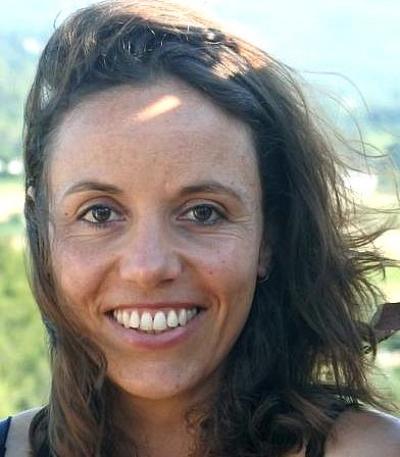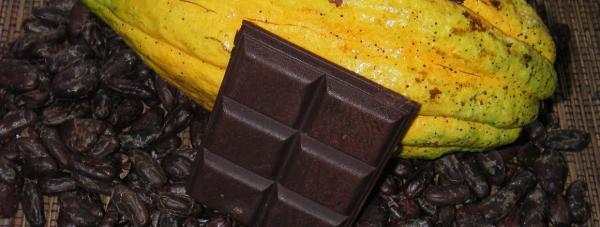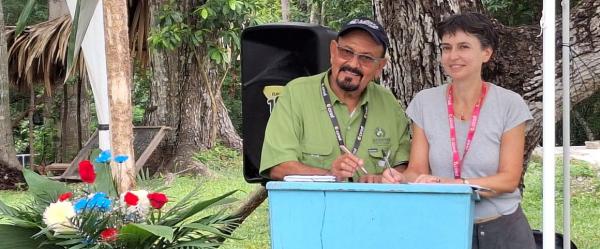Science at work 16 December 2025
- Home
- Press area
- Press releases
- ERC crop diversity and resilience
An ERC grant to investigate how farmers' access to crop diversity impacts on their resilience
.jpg)
Bambara groundnut is a drought-resistant pulse grown by the women of the Bassari group in southeastern Senegal to make a dish known as enap. Seeds of the species are solely exchanged by gifting, and have significant cultural and social value within Bassari society © V. Labeyrie, CIRAD
"Crop diversity is a key resource for farmers in semi-arid zones, as it plays a major role in their resilience to climate change", says Vanesse Labeyrie, an agronomist and ethnoecologist at CIRAD. Although access to crop diversity is vital for those farmers, little is known about what determines that access. "Several studies suggest that access to crop diversity may depend on the social networks through which seed and related knowledge circulate within rural societies, which involve a range of players: primarily farmers, but also rural development organizations and various economic players", she adds.
Those networks vary substantially, in terms of the players involved, how they interact, and how information and seed circulate. "Research into the sociology of social networks shows that the way in which such networks are structured plays a fundamental role in the circulation of all sorts of resources. On an individual level, a person's position within a given network often determines their access to resources. Our project assumes that the characteristics of seed and knowledge circulation networks determine farmers' access to crop diversity, and thus their capacity to cope with change."
Through the project "Access to crop diversity and small farms’ resilience to climate variability in African drylands" (ARISER) funded by the ERC ("Starting Grant" core grant scheme) over five years, Vanesse Labeyrie will be looking to identify which characteristics of such networks serve to maintain broad crop diversity on farms over time. She will assess the links between network characteristics and agricultural production stability at farm level, and how farmers' socioeconomic characteristics affect their access to seed and to a range of information.
To do so, she will study 3000 farms in semi-arid zones in Morocco, in Senegal, and in Madagascar, where farmers mainly grow cereals and pulses in rainfed systems. She will work with researchers in those countries: Dr Ndeye Fatou Faye Mané from ISRA in Senegal, Dr Verohanitra Rafidison from the University of Antananarivo in Madagascar, and Dr Salama el Fatehi from the Polydisciplinary Faculty of Larache in Morocco. The project will also be an opportunity to promote the role of women in research for and with countries in the global South.
This pioneering work will facilitate decision-making aimed at helping smallholders adapt to climate change in the zones concerned. It will enlighten the debate surrounding access to seed. "The agricultural development world has been fed the myth that is smallholders do not have the right sort of seed. The reality on the ground is much more complex than that."
The European Research Council (ERC) funds frontier research aimed at pushing back the boundaries of knowledge and developing breakthrough innovations. To this end, it offers individual grants, to support young researchers (starting and consolidator grants) or established researchers (advanced grants), or to promote recognized research (proof of concept), for instance to allow scaling up from proof of concept to marketing (one example is CIRAD's work on sterile male mosquito releases using drones).
This is CIRAD's first ERC Starting Grant; Jérémy Bouyer was given a Consolidator Grant in 2015 to develop the sterile insect technique. The results already obtained un Réunion look promising. Find out more (in French)




























